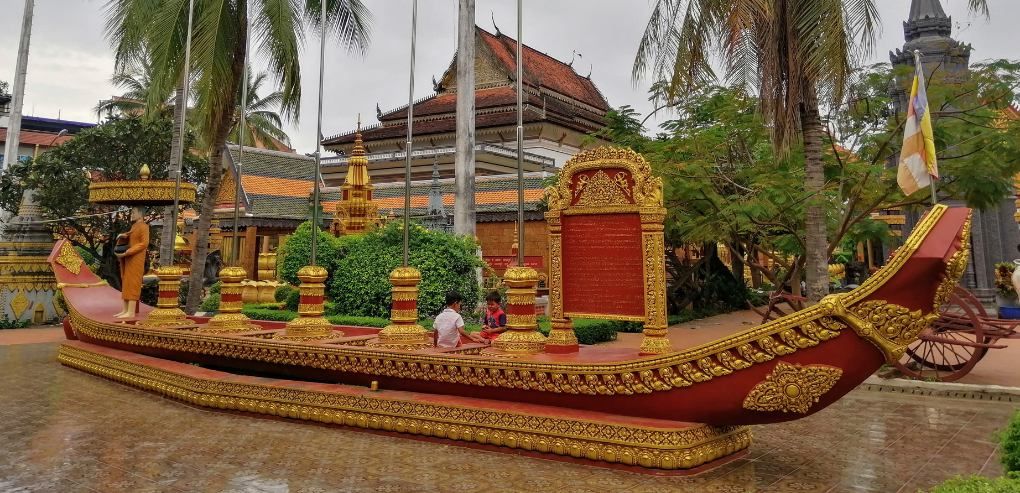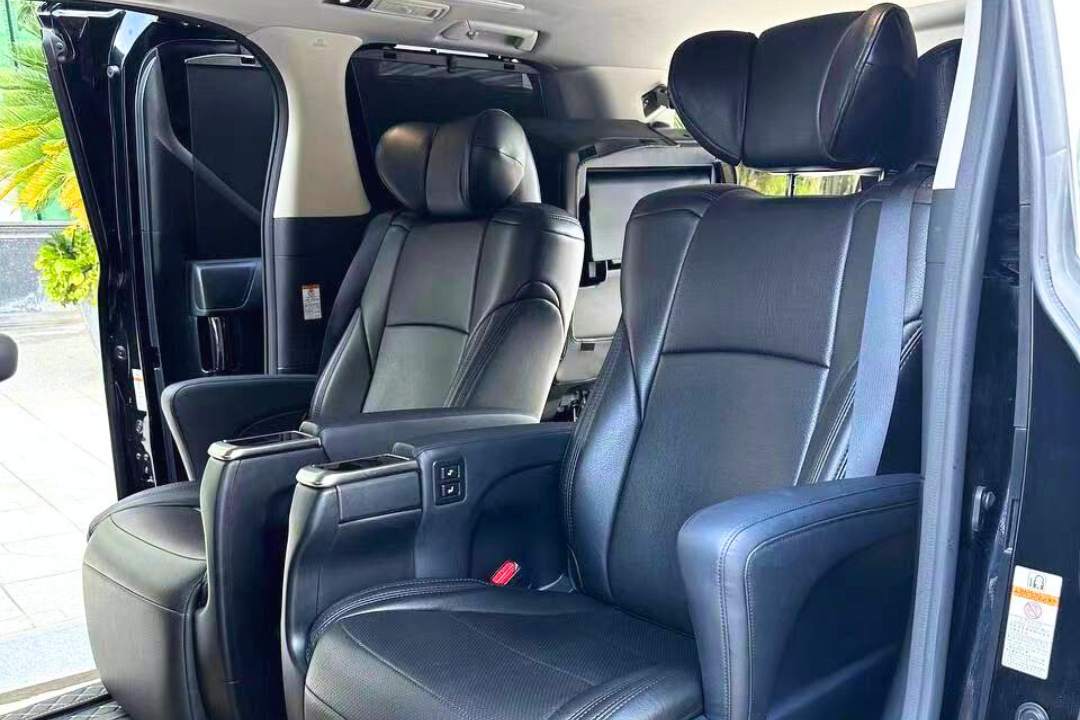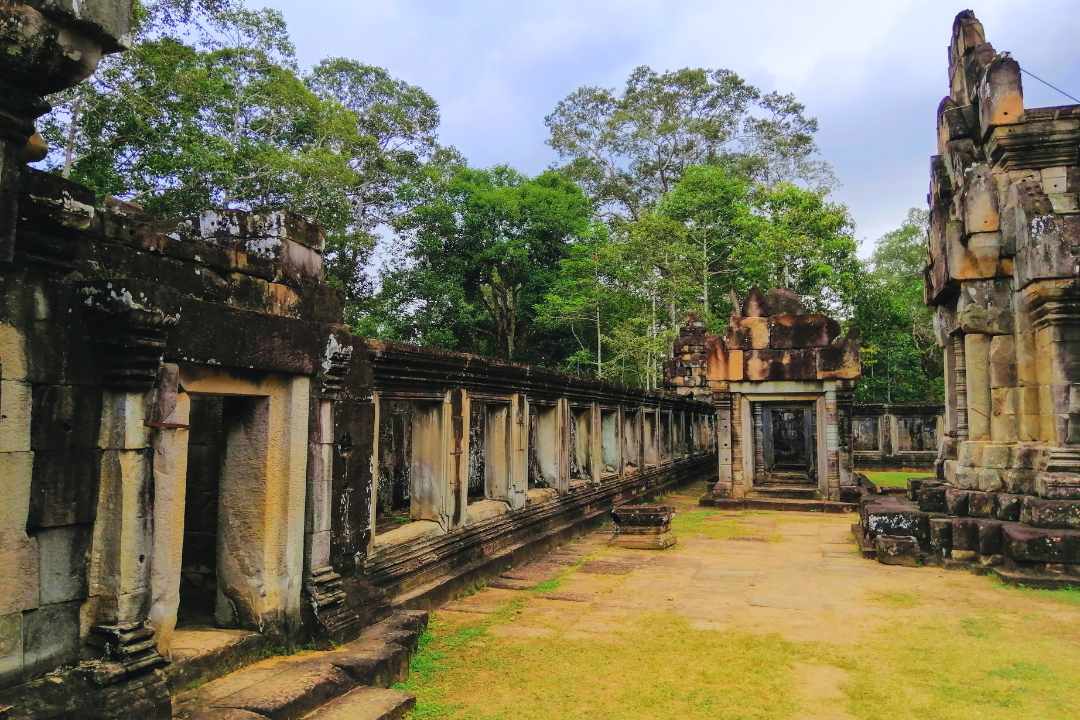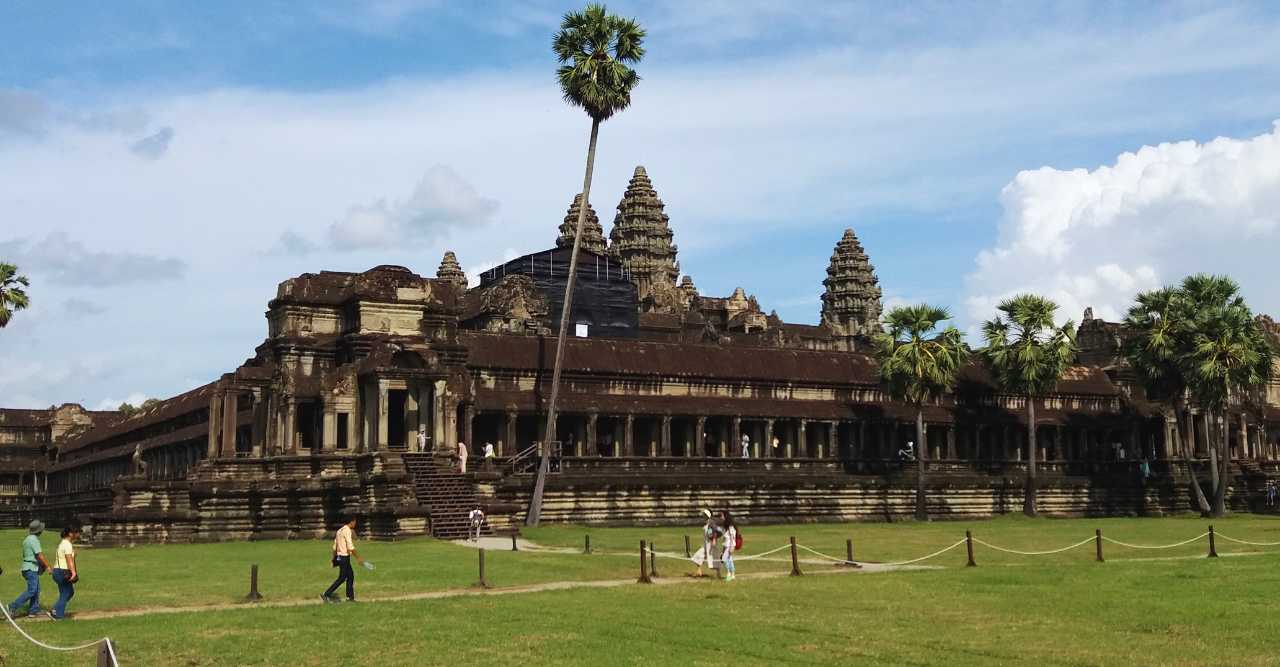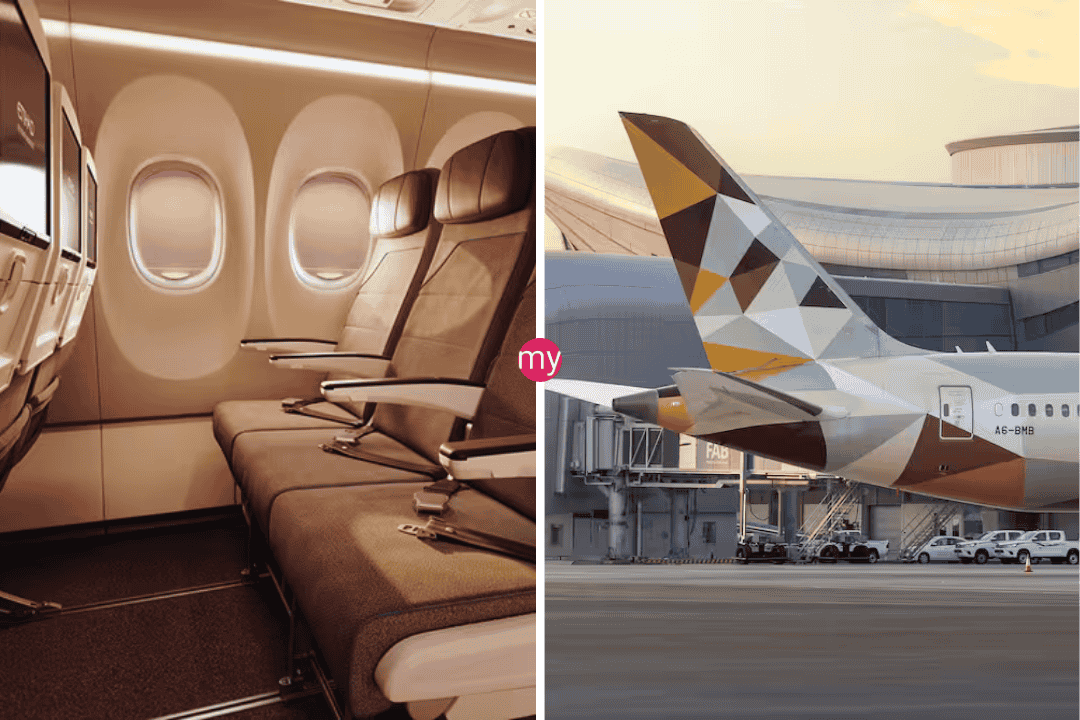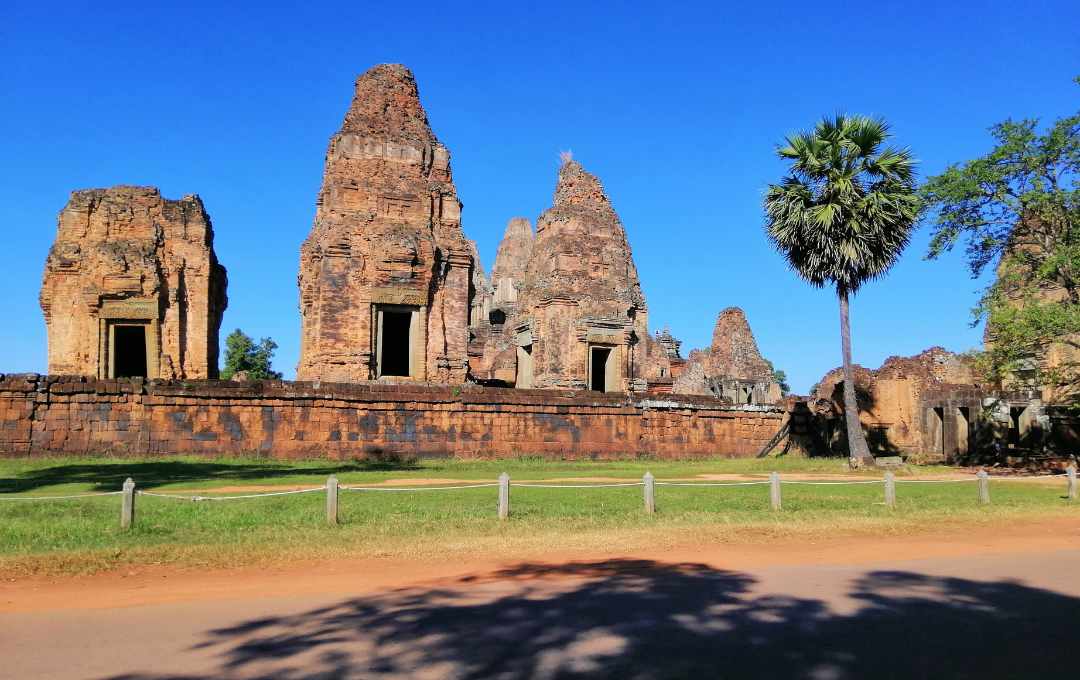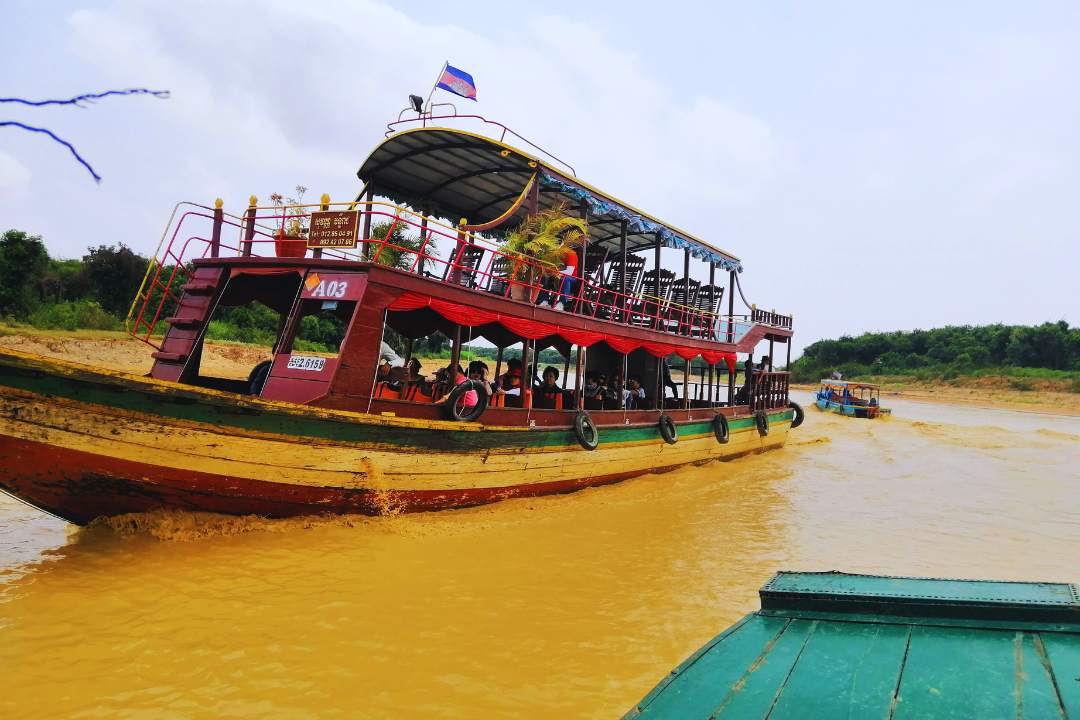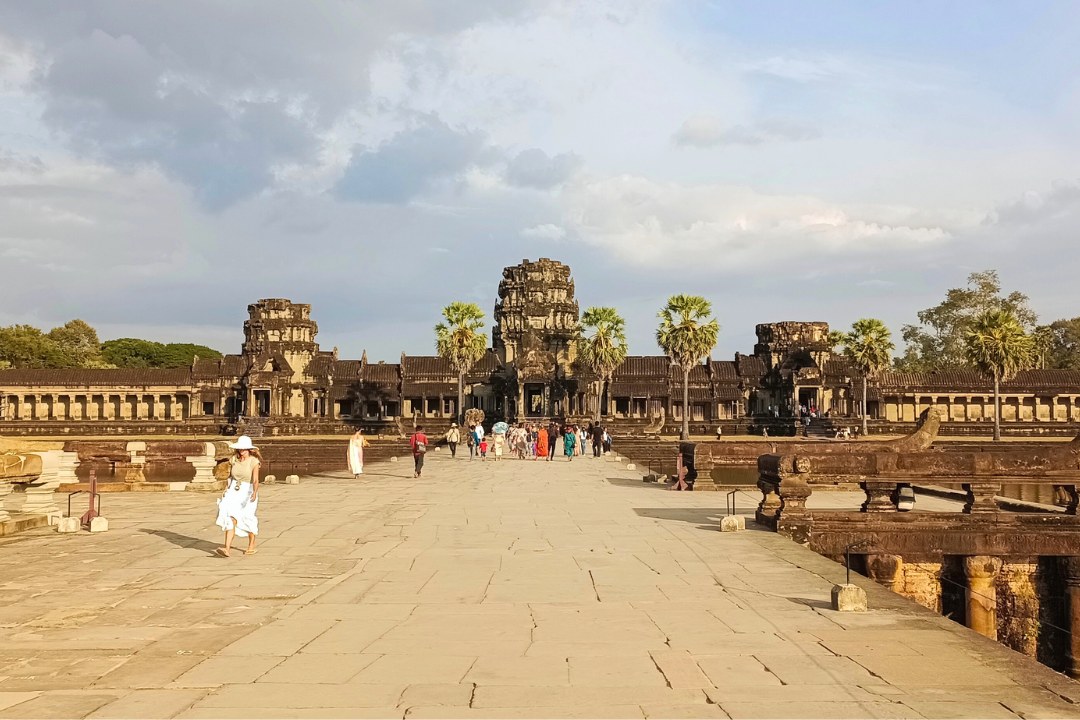What Temples Are in the Angkor Small Circuit and the Angkor Grand Circuit?
Full route comparison, with real-world time estimates, stops, extra timing suggestions, highlights, and crowd levels.
[Includes charts and pricing]
Two temple routes. Dozens of amazing temples. One big question: which circuit should you pick? The Small Circuit shows you famous temples like Angkor Wat in one day. The Grand Circuit takes you to quiet temples with better photos. Smart travelers do both. Here’s exactly what temples you’ll see on each route, how long they take, and which one fits your style.
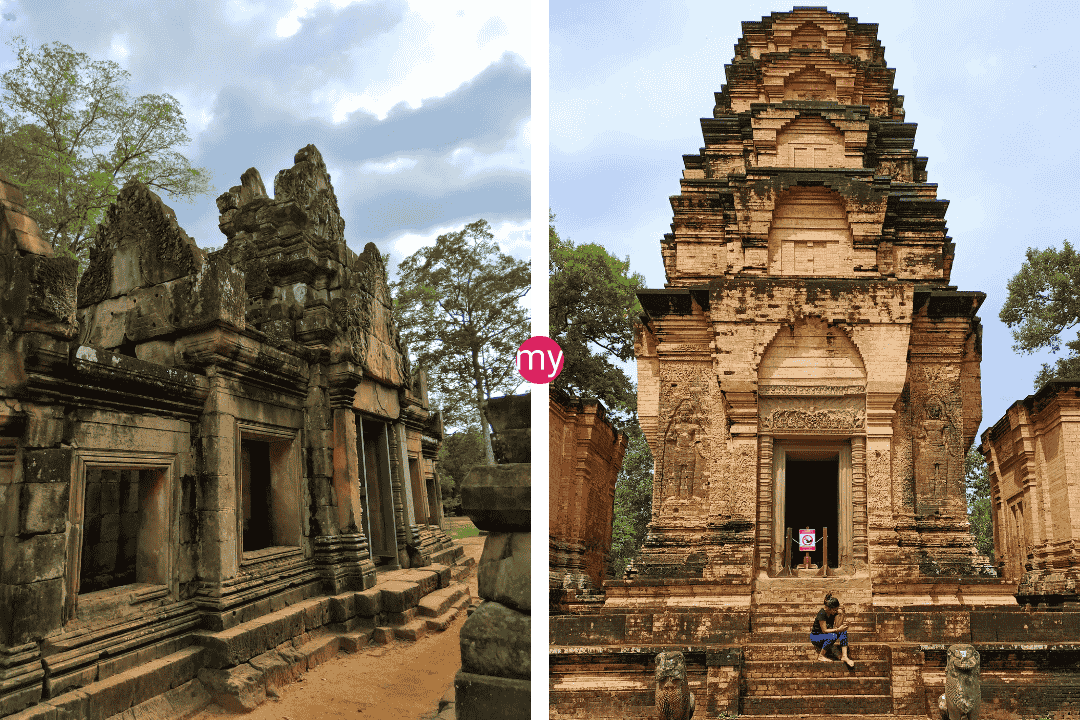
What Temples Are in the Angkor Small Circuit and the Angkor Grand Circuit? The Small Circuit covers 14 temples in 17km including Angkor Wat, Bayon, and Ta Prohm, while the Grand Circuit spans 21 temples over 26km featuring Banteay Srei, Preah Khan, and East Mebon. What Temples Are in the Angkor Small Circuit and the Angkor Grand Circuit? differs by crowd levels, with Small Circuit seeing 220 visitors per hour vs Grand Circuit’s 160 visitors per hour. Smart travelers combine both routes over 2-3 days for the full temple experience.
Overview
What Temples Are in the Angkor Small Circuit and the Angkor Grand Circuit? represents the two main temple routes through Cambodia’s famous Angkor Archaeological Park. The Small Circuit shows you the most famous temples in 6-8 hours across 14 sites. The Grand Circuit takes you to quieter temples over 8-10 hours visiting 21 different locations.
Most people pick the Small Circuit first because it has Angkor Wat, Bayon temple, and Ta Prohm temple. But the Grand Circuit gives you Banteay Srei temple, Preah Khan temple, and way fewer crowds. Smart visitors do both circuits to see everything Angkor offers.
The Small Circuit route costs $31-79 per person depending on group size. The Grand Circuit route runs $23-74 per person. Both need the official Angkor entrance ticket which costs $37 for one day or $62 for three days.
Quick Summary
What Temples Are in the Angkor Small Circuit and the Angkor Grand Circuit? shows the difference between two amazing temple routes in Cambodia. The Small Circuit covers 14 temples in one day including the world-famous Angkor Wat. The Grand Circuit visits 21 temples with much smaller crowds and better photo opportunities.
Over 1 million people visited Angkor in 2024, making $48 million in revenue. Most visitors (73%) go during morning hours when crowds are biggest. Only 27% visit during the afternoon when temples are much quieter.
The Small Circuit works best for first-time visitors who want to see iconic temples. The Grand Circuit suits people who want peaceful temple visits and amazing photos. Smart travelers do both routes over 2-3 days for the complete Angkor experience.
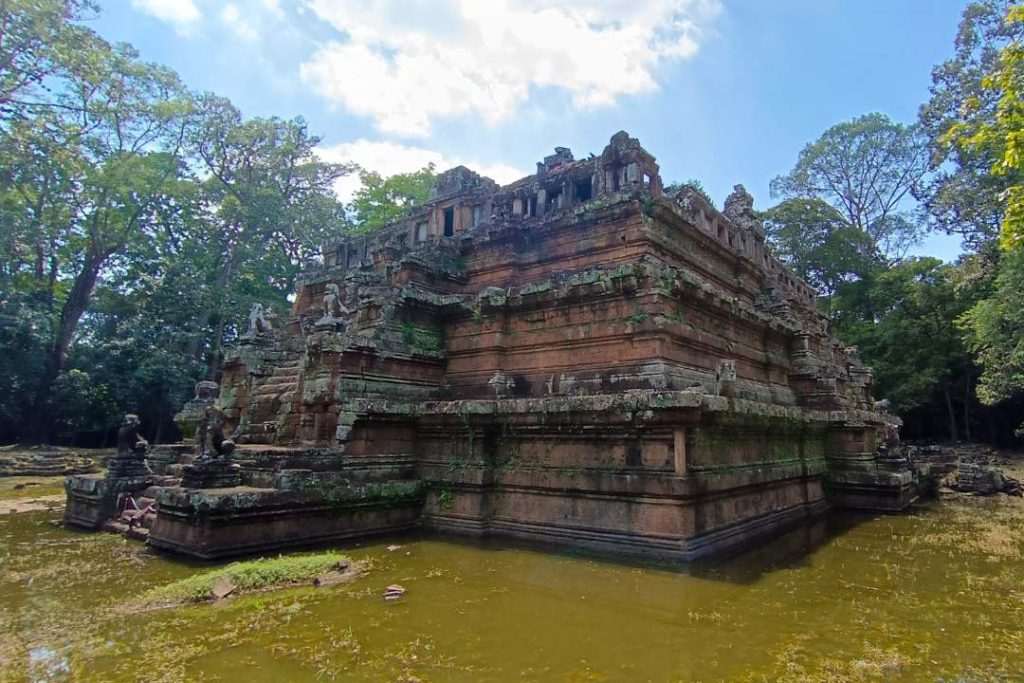
The People’s Champion: What Temples Make Each Circuit Special?
I’ve been guiding people through these temples for years. One thing always surprises visitors – the Grand Circuit route often gives better experiences than the famous Small Circuit route. Why? Fewer people, better photos, and more time to actually feel the temple magic.
But let’s be honest about What Temples Are in the Angkor Small Circuit and the Angkor Grand Circuit? – each serves different needs. The Small Circuit hits the greatest hits. The Grand Circuit gives you the deep cuts.
The Real Secret About Angkor Tours
Everyone talks about sunrise at Angkor Wat. They miss the real magic.
Late Morning Angkor Tour with Monk Blessing – $65
✅ Angkor Thom exploration
✅ Bayon Temple with carved faces
✅ Traditional Buddhist monk blessing
✅ Ta Prohm temple photography
✅ Angkor Wat sunset experience
Book Your Sacred Morning → Late Morning Angkor Tour
Because spiritual moments beat tourist photos every time.
Small Circuit Temple List: The 14 Must-See Stops
What Temples Are in the Angkor Small Circuit covers these specific temples:
1. Angkor Wat Temple
The world’s biggest religious building. Built in the early 1100s. Takes 2-3 hours to see properly. Sunrise at Angkor Wat brings huge crowds but amazing photos.
2. Angkor Thom Complex
A whole walled city with multiple temples inside. The Victory Gate Angkor entrance shows you giant carved faces right away.
3. Bayon Temple
Famous for 216 smiling stone faces carved into 54 towers. This Bayon temple sits right in the center of Angkor Thom.
4. Prasat Preah Palilay
Small temple where you can get a traditional monk blessing. Most tours skip this quiet spot.
5. Terrace of the Elephants
Long platform with elephant carvings. Kings used to watch parades from here.
6. Terrace of the Leper King
Another royal platform with amazing stone carvings of gods and demons.
7. Chau Say Tevoda Temple
Twin temple with great photo opportunities. Usually quiet because most people rush past.
8. Ta Keo Temple
Tall pyramid temple you can climb for views. Good workout but worth it.
9. Ta Prohm Temple
The famous “Tomb Raider” temple where trees grow through the stones. Ta Prohm temple gives the best photos between 4-6 PM.
10. Banteay Kdei Temple
Peaceful monastery ruins with fewer crowds than Ta Prohm.
11. Srah Srang
Ancient royal swimming pool with sunrise views over the water.
12. Baksei Chamkrong
Small pyramid temple that most people miss.
13. Phnom Bakheng
Sunset temple with great views but gets very crowded.
14. Prasat Bei
Three small brick towers that complete the circuit.
| Temple Name | Time Needed | Crowd Level | Best Photo Time |
|---|---|---|---|
| Angkor Wat | 2-3 hours | Very High | 5-7 AM, 4-6 PM |
| Bayon Temple | 45 minutes | High | 9-11 AM |
| Ta Prohm | 1 hour | High | 4-6 PM |
| Ta Keo | 30 minutes | Medium | 2-4 PM |
| Phnom Bakheng | 45 minutes | Very High | 5-7 PM |
Grand Circuit Temple List: The 21 Peaceful Wonders
What Temples Are in the Angkor Grand Circuit includes these amazing sites:
1. Pre Rup Temple
Perfect sunset at Pre Rup temple. Built in 961 AD as a royal cremation site. Great views from the top.
2. East Mebon Temple
Used to sit on an island in a huge lake. Now the water is gone but the temple remains.
3. Ta Som Temple
Small temple with a famous tree growing through the entrance gate. Much quieter than Ta Prohm.
4. Neak Pean Temple
Unique circular temple on an artificial island. Represents the mythical lake in the Himalayas.
5. Preah Khan Temple
Massive temple complex that was once a university and city. Preah Khan temple needs 90 minutes to see properly.
6. Banteay Srei Temple
The “Citadel of Women” with the most detailed stone carving in Angkor. Banteay Srei temple sits 25km from the main temple area.
7. Banteay Samre Temple
Well-preserved temple that most people skip. Great for photos without crowds.
8. Banteay Kdei Temple
Monastery ruins with beautiful galleries and courtyards.
9. Krovan Temple
Five brick towers in a row. Quick stop but worth seeing.
10. Bat Chum Temple
Three towers dedicated to Hindu gods. Usually empty of tourists.
Plus 11 More Temples
The Grand Circuit includes many smaller temples that give you the real Angkor experience without the crowds.
| Temple Name | Distance from Center | Daily Visitors | Special Feature |
|---|---|---|---|
| Banteay Srei | 25 km | 2,000 | Most detailed carvings |
| Preah Khan | 3 km | 800 | Ancient university |
| East Mebon | 8 km | 300 | Former island temple |
| Ta Som | 5 km | 200 | Tree through gate |
| Neak Pean | 6 km | 150 | Floating temple |
Key Differences: Small Circuit vs Grand Circuit
What Temples Are in the Angkor Small Circuit and the Angkor Grand Circuit? shows major differences in experience:
Crowd Levels
- Small Circuit: 220 visitors per hour during peak times
- Grand Circuit: 160 visitors per hour
- Best time to visit Angkor: 12-2 PM for 73% fewer crowds
Distance and Time
- Angkor temple distances for Small Circuit: 17km total
- Grand Circuit covers 26km
- Angkor circuit timing: Small takes 6-8 hours, Grand needs 8-10 hours
Transportation Needs
- Small Circuit: Bicycle, tuk tuk Angkor tour, or walking
- Grand Circuit: Must use tuk-tuk or car due to distances
Photo Quality
- Small Circuit: Good but crowded shots
- Grand Circuit: Amazing photos with empty temples
Real Tour Experience: How Both Circuits Actually Work
I always tell people to think about What Temples Are in the Angkor Small Circuit and the Angkor Grand Circuit? in terms of what they really want. Your first time? Go Small Circuit. Want the best photos? Pick Grand Circuit.
Small Circuit Real Schedule
Our Private Angkor Wat Small Circuit Tour runs like this:
7:30 AM – 6:30 PM Schedule:
- 8:00-10:00 AM: Angkor Wat temple tour
- 10:30 AM-12:00 PM: Angkor Thom and Bayon temple
- 12:15-1:00 PM: Lunch break
- 1:15-2:30 PM: Prasat Preah Palilay with monk blessing
- 2:45-3:45 PM: Ta Keo temple climb
- 4:00-5:45 PM: Ta Prohm temple photography
Price per person:
- 2 people: $79 each
- 4 people: $44.50 each
- 8 people: $31 each
Grand Circuit Real Schedule
Our 1-day Angkor Wat GRAND LOOP Private Tour includes:
7:40 AM – 6:30 PM Schedule:
- 8:00-9:00 AM: Pre Rup temple
- 9:30-10:30 AM: East Mebon temple
- 11:00 AM-1:00 PM: Drive to and tour Banteay Srei temple
- 2:00-2:45 PM: Ta Som temple
- 3:15-4:00 PM: Neak Pean temple
- 4:30-6:00 PM: Preah Khan temple complex
Price per person:
- 2 people: $74 each
- 4 people: $39.50 each
- 8 people: $23.50 each
Ticket Prices and Booking Information
Current Angkor entrance ticket prices from Angkor Enterprise:
| Ticket Type | Price (USD) | Valid For | Best Value For |
|---|---|---|---|
| 1-Day Pass | $37 | 1 day within 5-day window | Quick visits |
| 3-Day Pass | $62 | 3 days within 10-day window | Both circuits |
| 7-Day Pass | $72 | 7 days within 30-day window | Deep exploration |
Crowd Avoidance Strategies That Actually Work
After guiding thousands of people, here’s what really works for crowd levels Angkor temples:
Time-Based Strategies
- 12:00-2:00 PM visits: 83% fewer people but very hot
- Late afternoon (3-5 PM): Best balance of crowds and comfort
- Weekday visits: 20-30% fewer crowds than weekends
Route-Based Strategies
- Start with Grand Circuit: See quiet temples first
- Use side entrances: East Gate has 80% fewer people
- Visit famous temples backwards: Ta Prohm first, then Angkor Wat
Season-Based Strategies
- Shoulder season (April-June, September-October): 30% fewer crowds
- Rainy season (July-August): 80% fewer people, but weather challenges
- Avoid Chinese New Year and Cambodian holidays
Beyond the Main Circuits: Other Temple Options
Must-see temples in Angkor extend beyond both main circuits:
Outlying Temple Day Trips
- Beng Mealea: “Indiana Jones” temple covered in jungle
- Koh Ker: Ancient capital with 7-story pyramid
- Banteay Chhmar: Remote temple with amazing carvings
Quiet temples in Angkor for peace-seekers:
- Chau Say Tevoda: Usually empty, great for meditation
- Thommanon: Small temple perfect for photos
- Spean Thma: Ancient bridge that most people miss
Specialty Temple Experiences
- Sunrise temple tours: Start 4:30 AM for best light
- Sunset temple tours: End at Pre Rup or Phnom Bakheng
- Photography workshops: Learn from professional photographers
- Cultural tours: Include village visits and local meals
The Bottom Line: Making Your Temple Choice
Look, I’ve seen thousands of people go through both circuits. What Temples Are in the Angkor Small Circuit and the Angkor Grand Circuit? comes down to what kind of experience you want.
The Small Circuit gives you the greatest hits. Everyone recognizes these temples. Your photos will impress friends back home. But you’ll share those moments with lots of other tourists.
The Grand Circuit shows you the soul of Angkor. Fewer people means better photos and deeper experiences. You’ll feel more connected to the ancient Khmer culture.
My honest advice? If you only have one day, do the Small Circuit. If you have 2-3 days, do both. The Angkor temple map shows dozens of sites, but these two circuits cover the most important ones.
The Cambodia UNESCO site of Angkor represents 600 years of Khmer civilization. Both circuits tell that story in different ways. The Small Circuit shows the power and glory. The Grand Circuit reveals the artistry and spirituality.
Want the real secret? Book a tour that combines highlights from both circuits. Some companies offer mixed routes that hit the famous temples but include quiet gems too.
Whatever you choose, respect the temples, dress appropriately, and remember you’re visiting sacred sites. The ancient Khmer people built these temples to last forever. Treat them with the respect they deserve.
What Temples Are in the Angkor Small Circuit and the Angkor Grand Circuit? – now you know. The choice is yours.
Next Steps: Planning Your Perfect Angkor Experience
Ready to see these amazing temples yourself? Here’s your action plan:
Immediate Steps (1-2 weeks before travel):
- Book your Angkor entrance ticket online or in Siem Reap
- Choose your circuit based on this guide
- Book accommodation near the temples
- Pack appropriate clothing for temple dress code Cambodia
Implementation Roadmap:
- Day 1: Small Circuit tour with major temples
- Day 2: Grand Circuit tour for peaceful experiences
- Day 3: Outlying temples or repeat favorites
Future Outlook:
Tourism to Angkor continues growing, reaching 1.02 million visitors in 2024. Expect more crowds but also better facilities and services. New technology like mobile apps and improved transportation will make visits easier.
The best time to visit remains the dry season (November-March), but shoulder seasons offer great value with fewer crowds. Climate change may affect visiting patterns, making early morning and late afternoon tours even more important.
After years of guiding people through these temples, I know one thing for sure – Angkor changes people. Whether you choose the Small Circuit, Grand Circuit, or both, you’ll leave with memories that last forever.
Ready to start planning? Contact us at MySiemReapTours.com/connect and let’s create your perfect Angkor adventure.
Helpful Resources
Official Angkor Information: Visit Angkor Enterprise for current ticket prices, opening hours, and official updates on temple access and regulations.
These resources will help you plan the perfect temple visit and make the most of your time exploring Cambodia’s ancient wonders.
Brought to you by Dan and Mat, Your tour planners.
Featured
Explore more on My Siem Reap Tours
Koh Ker and Beng Mealea guided tour | Banteay Srei temple guided tour | Angkor Wat Sunrise tour | Private Angkor Wat Sunset Tour | Koh Ker and Beng Mealea guided tour | Morning Siem Reap floating village tour | Afternoon Siem Reap floating village tour | Private Angkor Wat special tour | Kulen Waterfall small group guided Tour | Private Angkor Wat mix temples photo tour
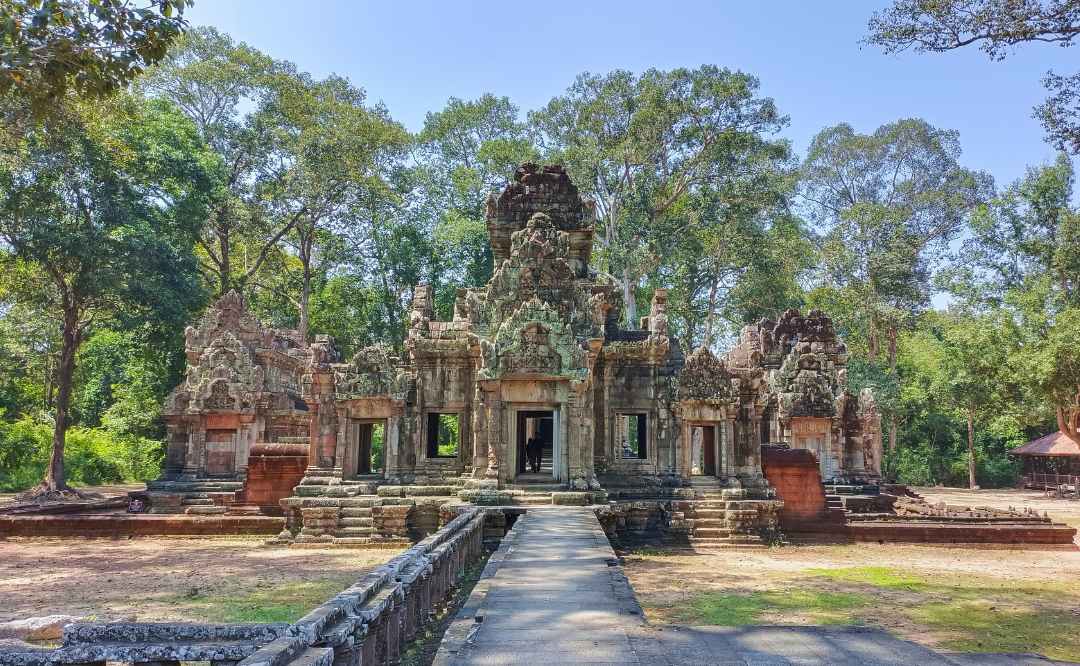
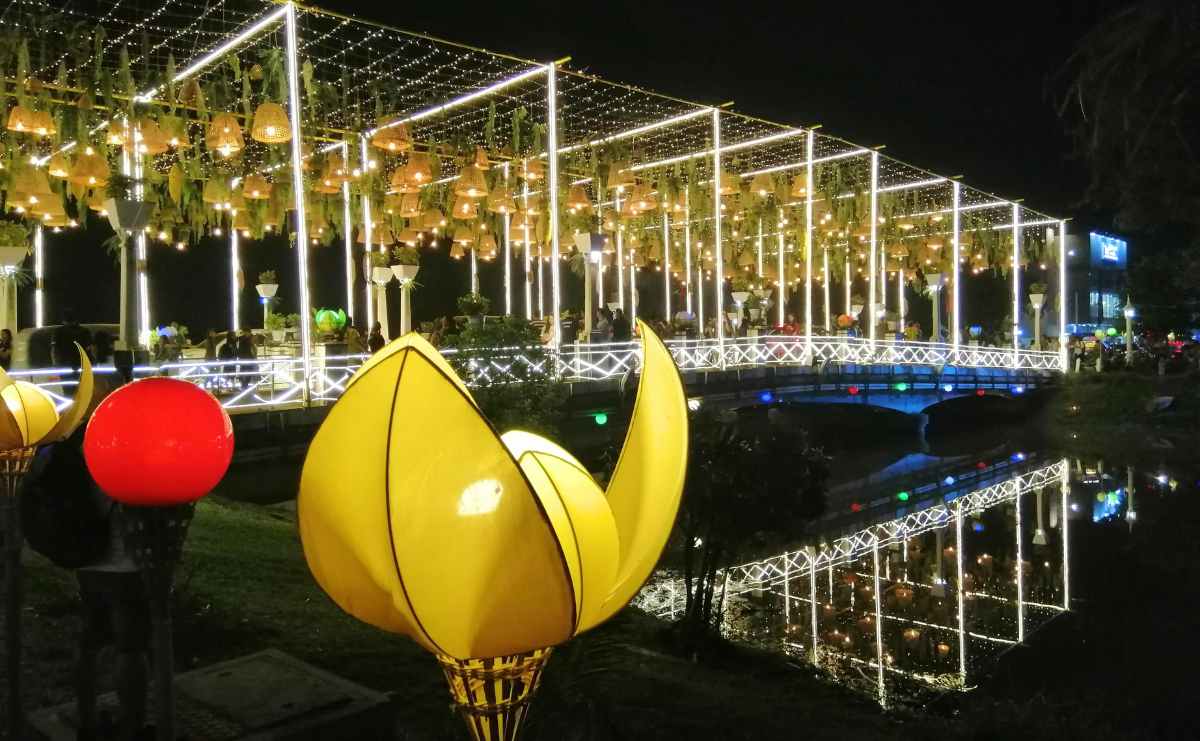
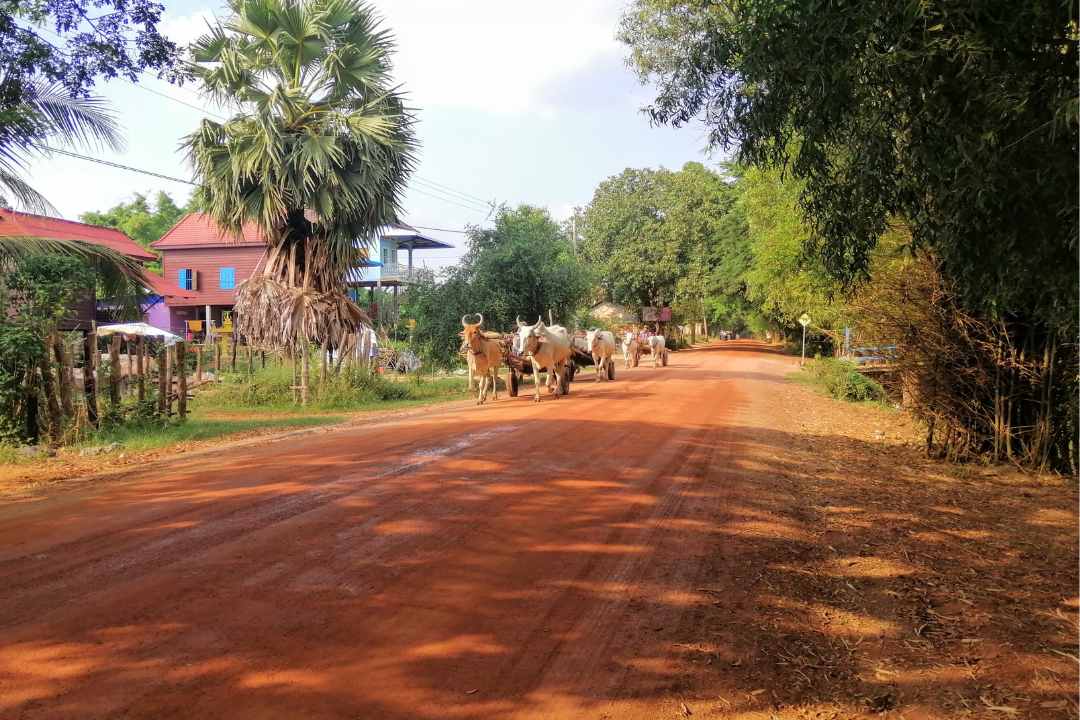
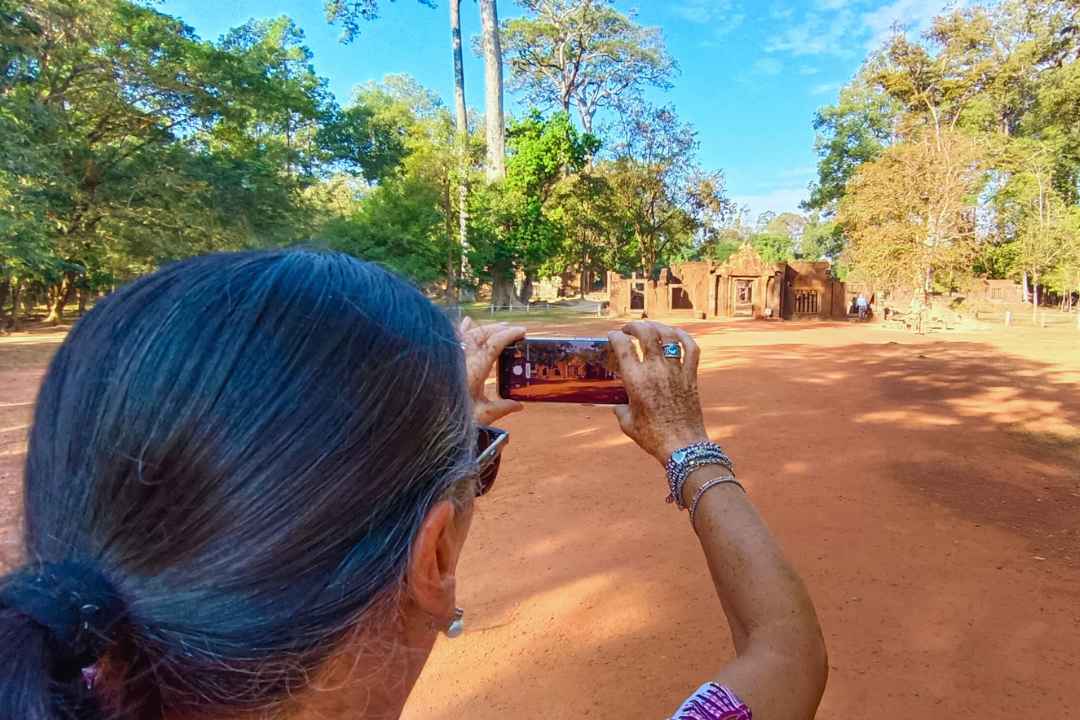
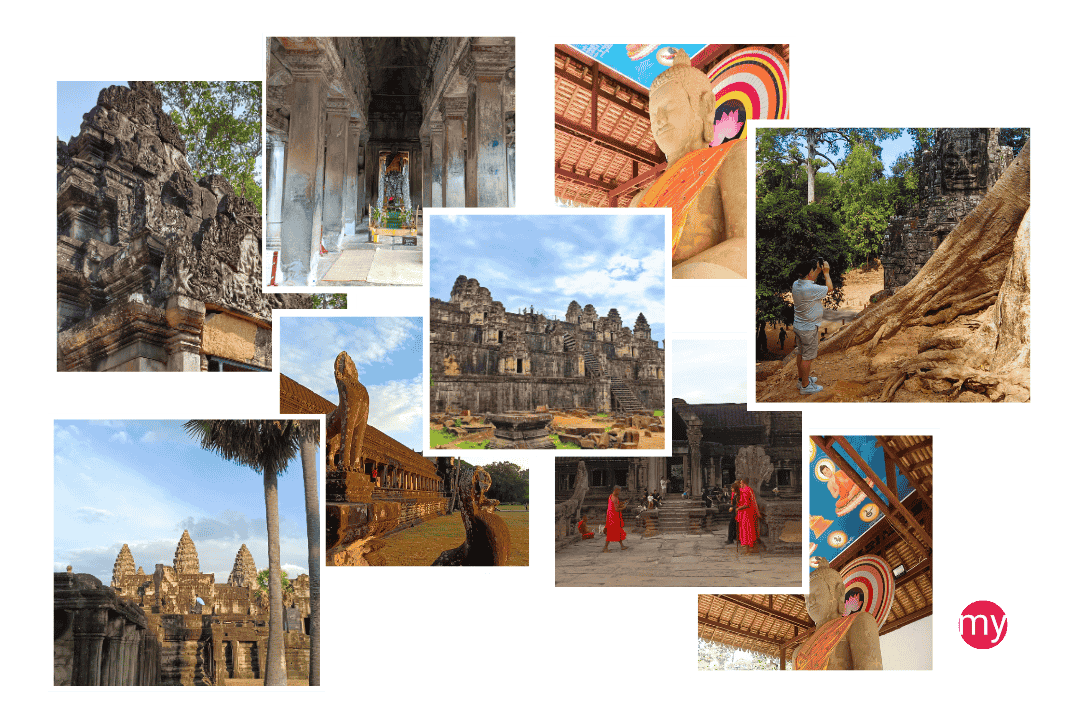
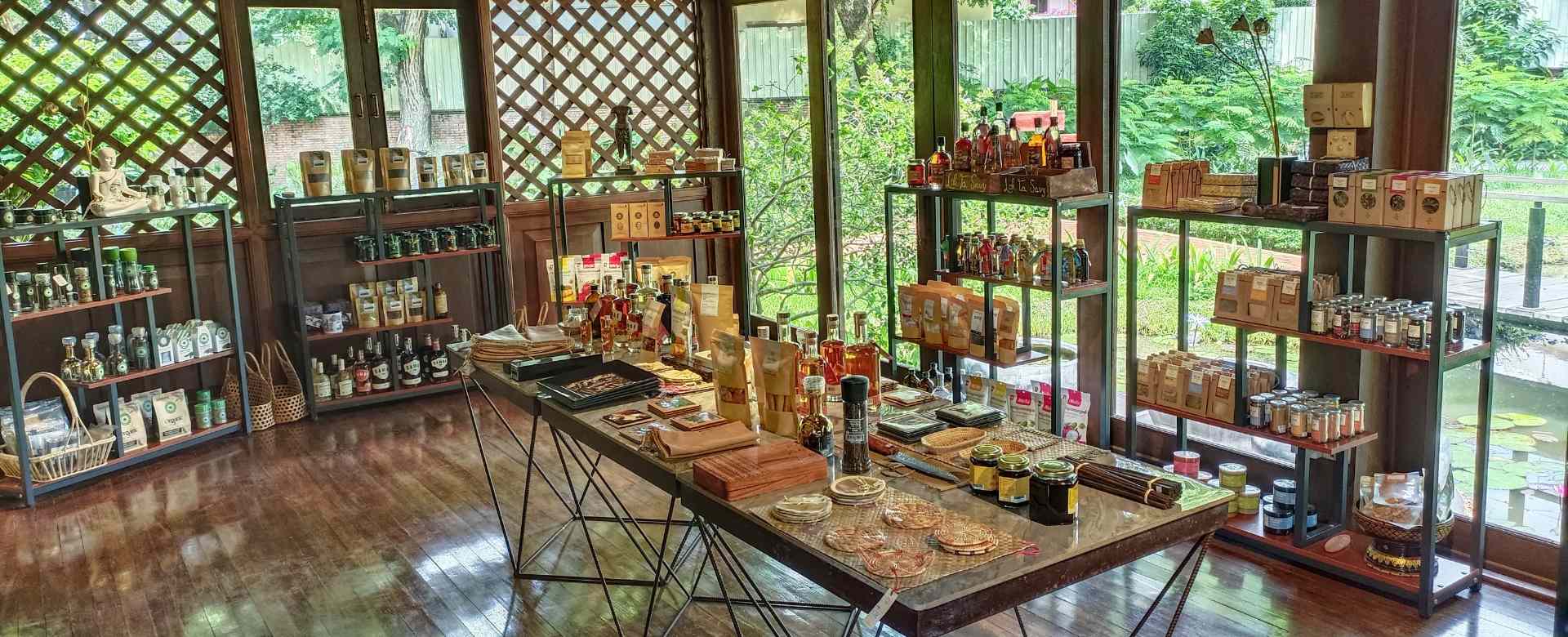
![Cambodian Festival Calendar [2025 Update]](https://mysiemreaptours.com/wp-content/uploads/2024/10/Cambodian-Festival-Calendar-2025-Update.jpg)
